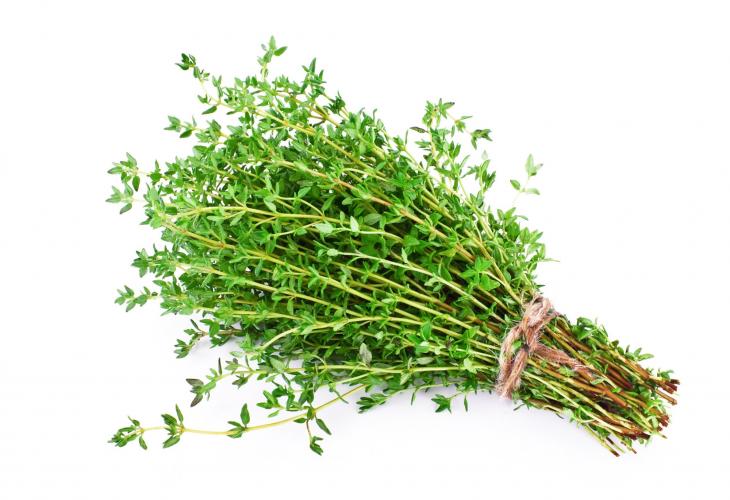Conheça nossas palestras, workshops e cursos! Confira abaixo uma breve apresentação das atividades que oferecemos. Para os cursos e workshops, descrevemos também os conteúdos abordados e as práticas desenvolvidas
Biodiverse and medicinal gastronomy (lecture)
INTRODUCTION
There are hundreds of medicinal plants, spices, and unconventional food plants (PANC in the original) that have yet to have their uses consolidated throughout the country's kitchens. Many of these species carry the immense potential for food innovation and even disease prevention through diet. Brazil is the most biodiverse country on the planet! Discover innovative ingredients that may surprise you. A toast to the biodiverse and medicinal gastronomy!
Functional and ecological gastronomy: knowing the culinary properties and applications of medicinal plants, spices, and PANC (workshop or course)
INTRODUCTION
Discover amazing medicinal and edible species, and innovate your gastronomic art! Learn the care for the use of medicinal plants, spices, and unconventional food plants (PANC in the original), their gastronomic use and functional properties. Learn about the main techniques for harvesting and maintaining the medicinal properties, aroma, and flavor of plants. Go beyond taioba (cocoyam) and ora-pro-nobis (Barbados gooseberry), and really surprise your audience with gastronomic biodiversity!CONTENT
- Relevant definitions and concepts
- How do plants have an effect on our bodies?
- Notions of chemistry, plant biology and active principles
- Identification of medicinal and food species
- Botanical nomenclature applied to medicinal and food plants
- Harvesting, collecting, and processing: techniques for maintaining the medicinal properties, aroma, and flavor of plants
- Homemade handling of infused, decocted and macerated teas
- Gastronomic and functional use of medicinal plants, spices, and PANC
- Care in the use of medicinal plants, spices, and PANC
- Useful and reliable bibliographic and internet references for research on medicinal plants, spices, and PANC
PRACTICAL ACTIVITIES
- Botanical identification of plants using branches and seedlings
- Urban or rural walk for the botanical identification of plants
- Harvesting and collection of plants
- Processing: washing, selecting, cleaning and drying of plants
- Sample quality assessment
- Demonstration of the different techniques for preparing medicinal teas
- Tasting of teas and foods prepared with medicinal species, spices, and PANC
Postgraduate in Medicinal Plants and Phytotherapy (multi-professional course/specialization level)
INTRODUCTION
The World Health Organization (WHO) and the Brazilian Ministry of Health have recommended the inclusion of Phytotherapy in official health systems for decades. This therapeutic approach is much sought after by the Brazilian population, has scientific evidence and has low rates of side effects. Brazil has the largest biological diversity in the world, including numerous medicinal plants, which makes us a privileged place for the practice of phytotherapy. In this scenario, functional gastronomy and nutraceutical are growing rapidly. Stand out professionally while making a difference in the world!The content to be worked on, as well as the didactics to be chosen, will depend on the space and objectives to be achieved with each course. We develop the right course for you!

